Dear Readers,
AI plays a crucial role in our blog, helping us manage our time more effectively to keep the content flowing. While AI assists with content creation, which may lead to occasional spelling or grammar errors, our primary goal remains clear: to deliver meaningful insights to you. For important matters, please consult a specialist.
Thank you for your understanding and support.
Best regards,
Education.com.cy
Executive Summary:
This article explores the significant role music plays in the development of children. It delves into how music influences cognitive, emotional, and social growth, providing practical insights for educators and parents to harness the power of music in nurturing well-rounded individuals.
Introduction:
Music is more than just a form of entertainment; it is a powerful tool that can shape a child’s development in profound ways. From enhancing cognitive abilities to fostering emotional intelligence and social skills, music has a unique ability to touch various aspects of a child’s life. Understanding its impact can help parents and educators create enriching environments that support holistic growth.
Main Sections:
- Cognitive Development:
Music has been shown to enhance cognitive functions such as memory, attention, and problem-solving skills. Learning to play an instrument, for instance, requires the brain to process multiple sensory inputs simultaneously, which strengthens neural connections.
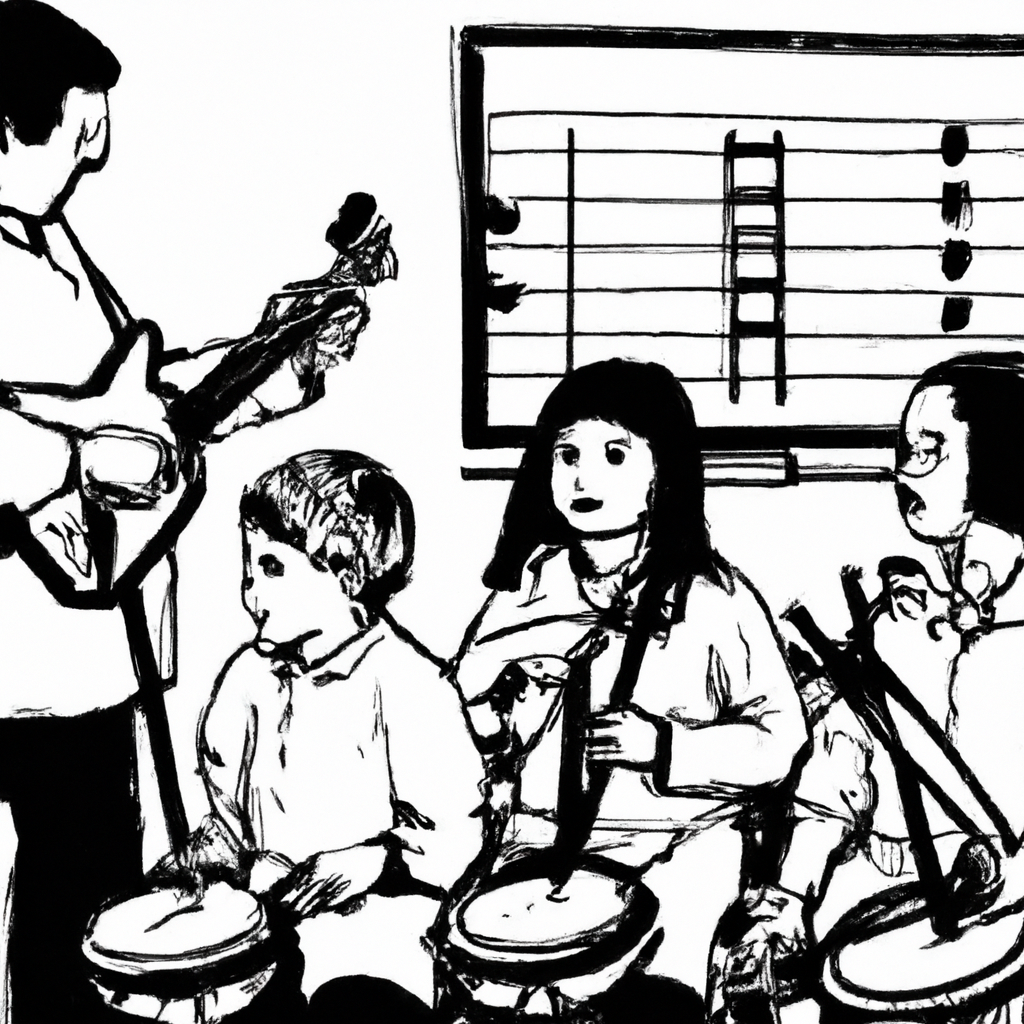
- Emotional Development:
Music evokes emotions and can help children understand and express their feelings. Songs with different tempos and melodies can influence a child’s mood, providing a safe outlet for emotional expression and helping them develop empathy.
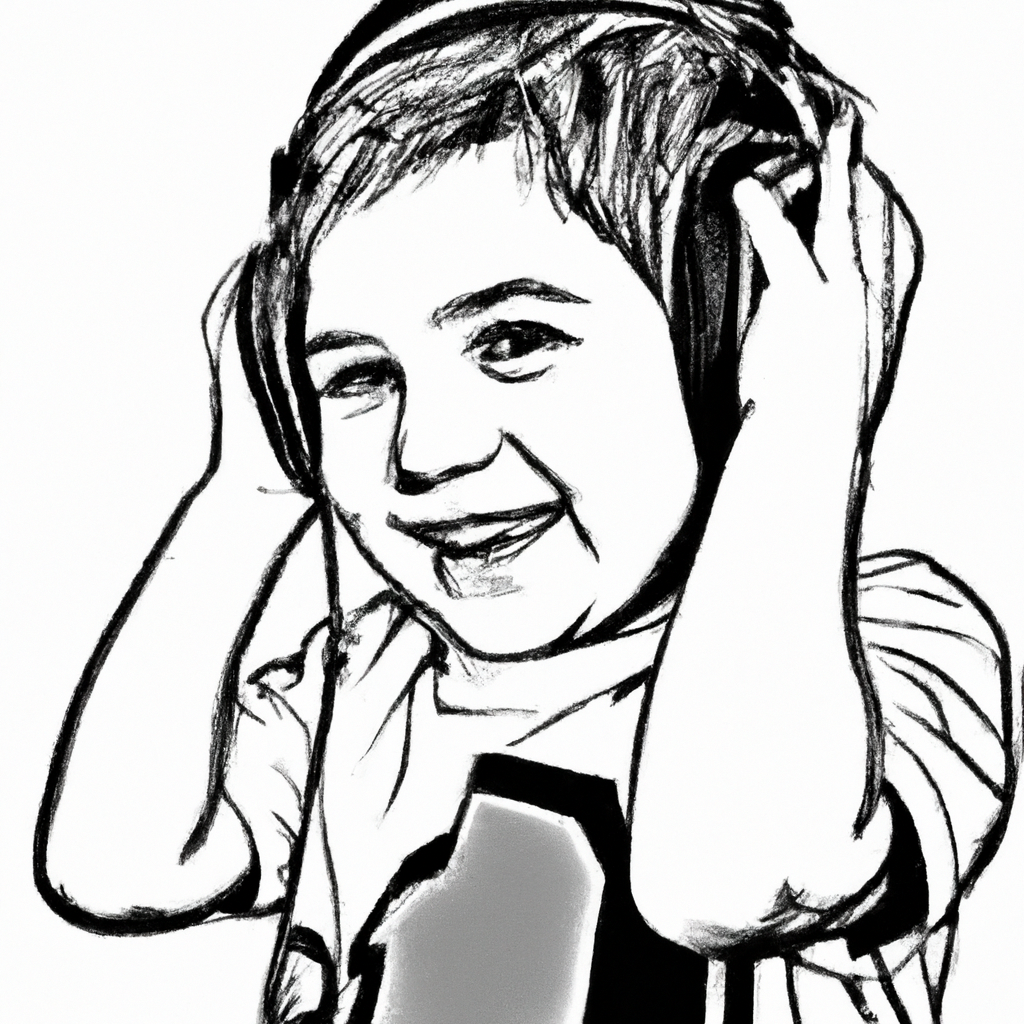
Find out how the strategies discussed in the article
"How Teaching a Song Can Improve Your Child’s Learning and Well-Being"can help address internet addiction in children and teens.
- Social Skills:
Participating in group music activities, such as choirs or bands, teaches children important social skills like cooperation, communication, and teamwork. These experiences can build a sense of community and belonging.
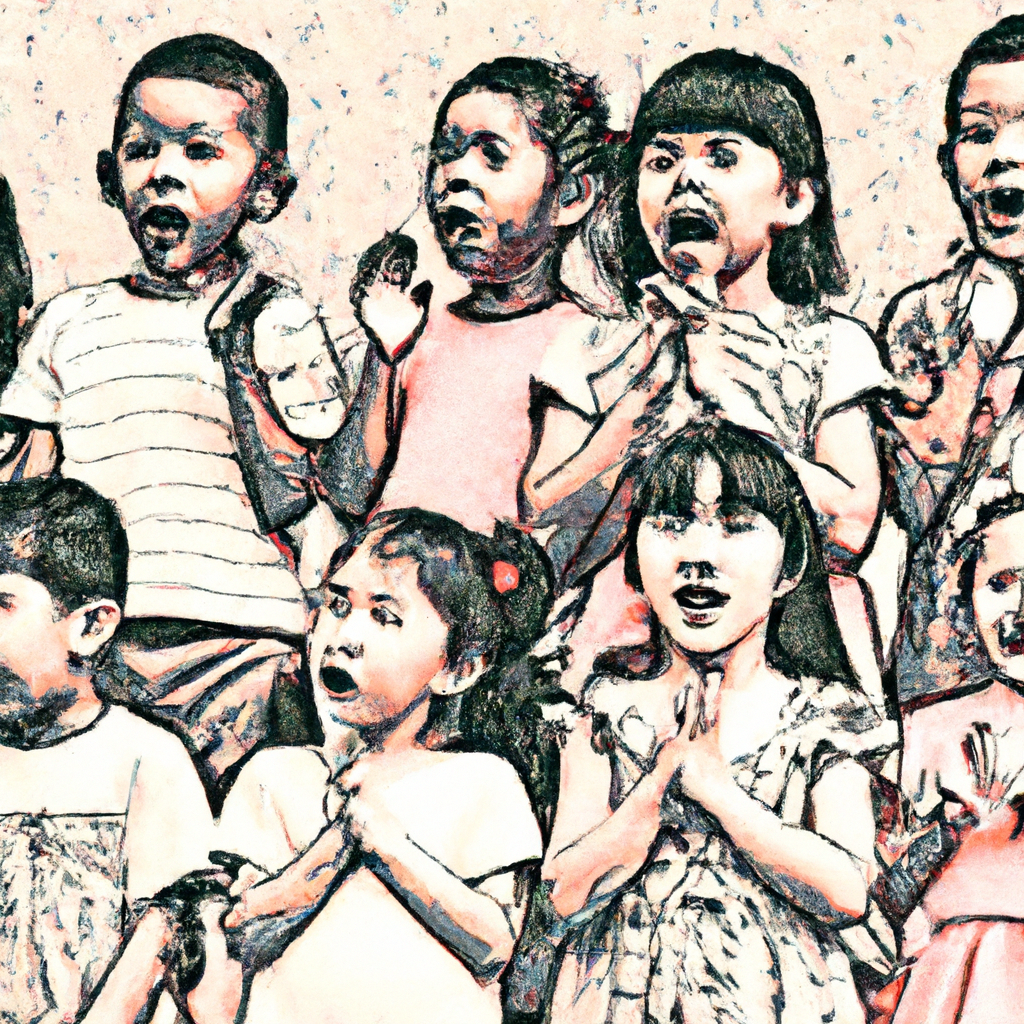
- Creativity and Imagination:
Music encourages creativity and imaginative thinking. Composing music or improvising allows children to explore their creative potential and think outside the box, which can translate to innovative thinking in other areas of life.
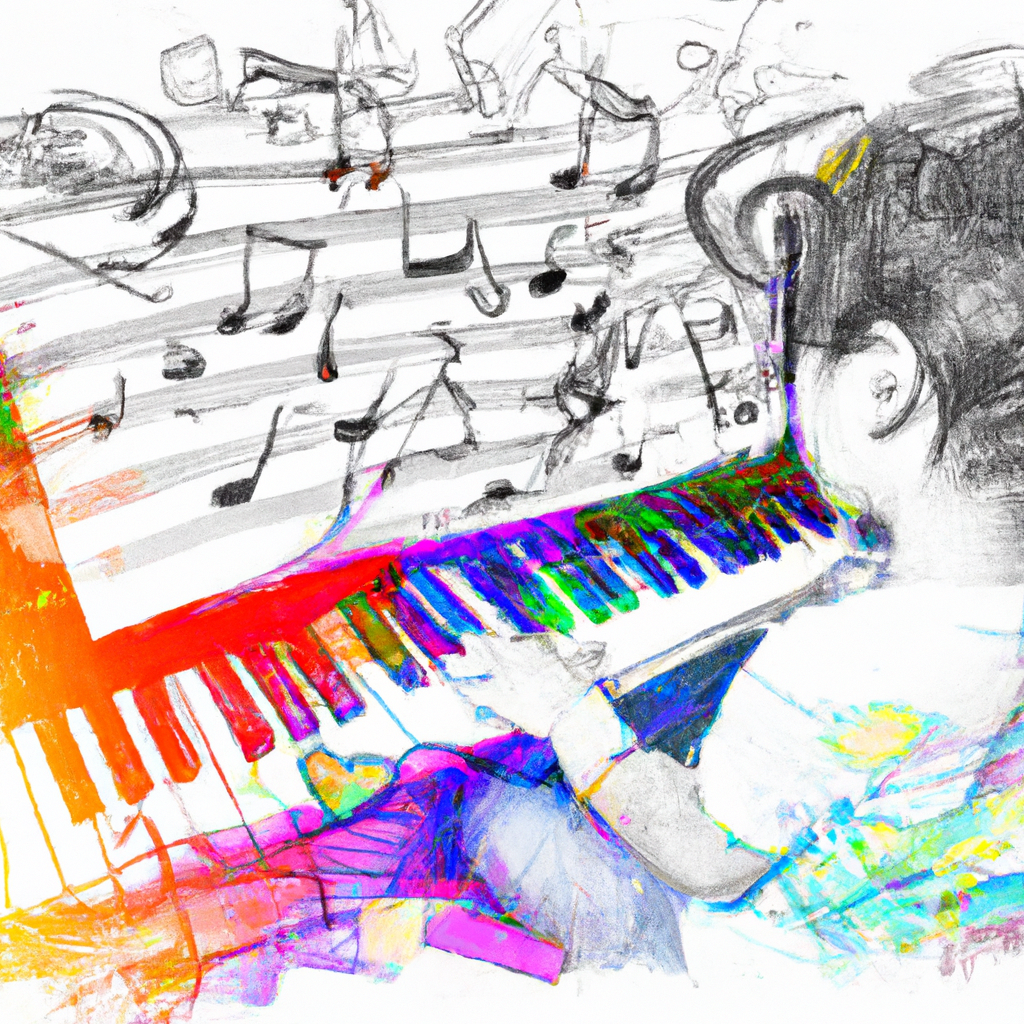
- Physical Coordination:
Playing musical instruments can improve fine motor skills and hand-eye coordination. The physical act of playing an instrument requires precise movements, which can enhance a child’s overall motor abilities.

- Cultural Awareness:
Exposure to different types of music from various cultures can broaden a child’s understanding and appreciation of the world. It fosters an open-minded attitude and respect for diversity.
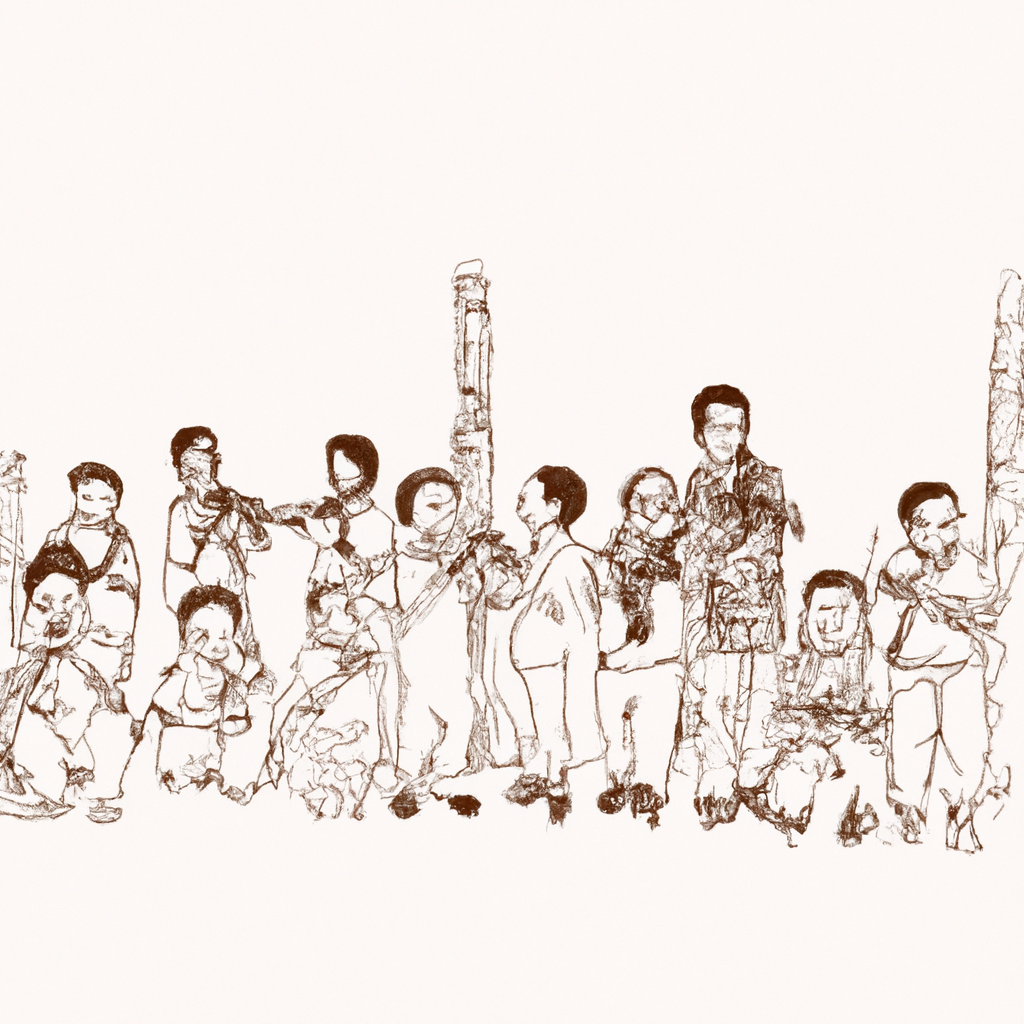
Conclusion:
Music is a multifaceted tool that can significantly contribute to a child’s development. By integrating music into daily routines and educational settings, parents and educators can support cognitive, emotional, and social growth. Encouraging musical activities can lead to well-rounded individuals who are not only academically proficient but also emotionally intelligent and socially adept.
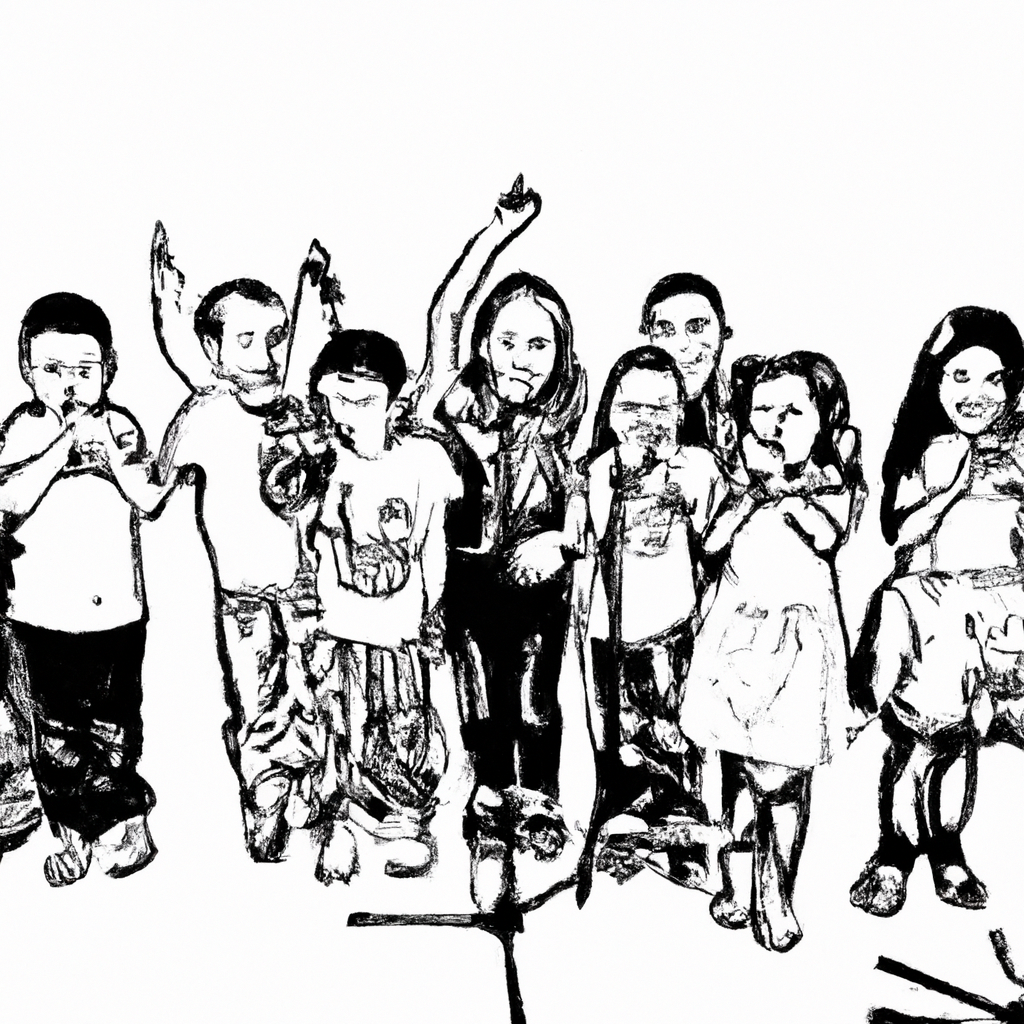
Thank you for reading our article on The Role of Music in Child Development. We highly value your feedback and invite you to take a brief survey to share your thoughts and experiences. Your responses will be kept confidential.
Dear Readers,
Welcome to my blog, where technology, music, and visual arts come together to spark creativity and growth. By subscribing, you’ll become part of a vibrant community committed to exploring and learning in these areas.
Select the type of engagement that suits you best:
Join us and enjoy tailored content and direct support suited to your interests.
